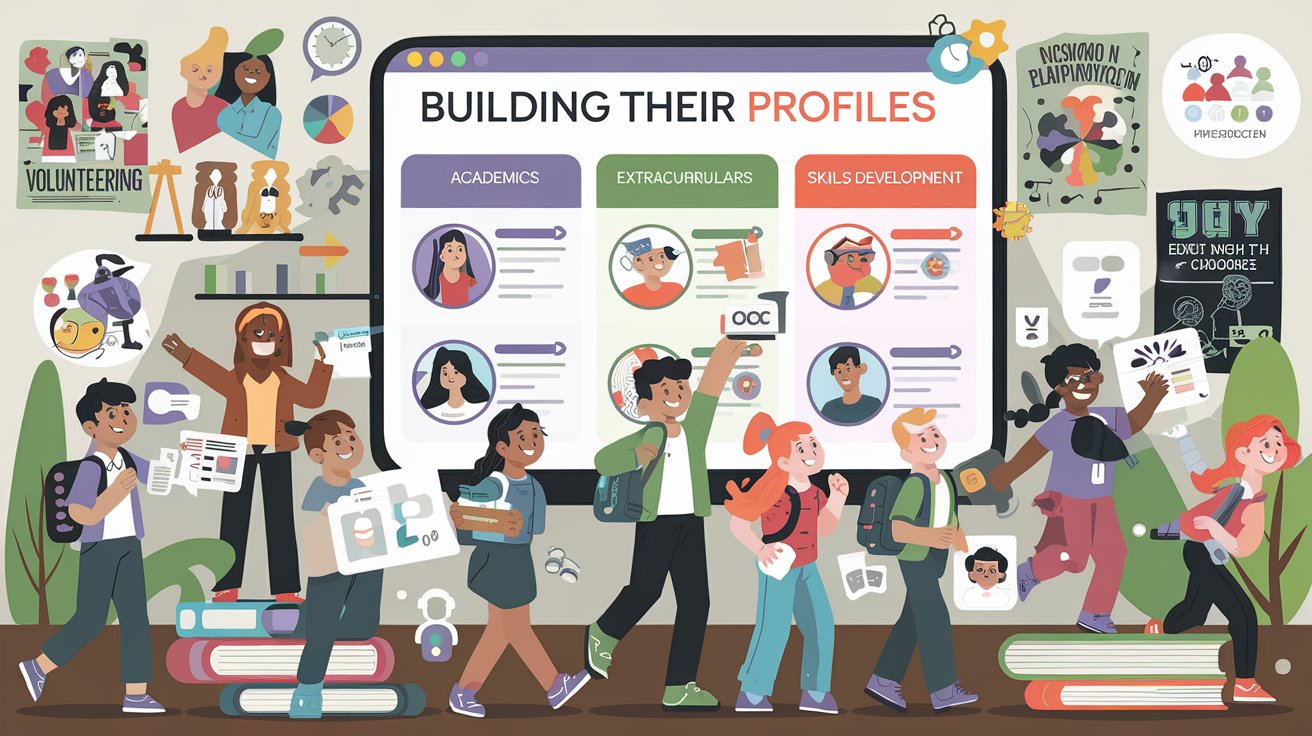In today’s competitive world, academic excellence alone isn’t sufficient to secure top opportunities in higher education or the job market. Students need to focus on profile building, which involves creating a holistic representation of their skills, experiences, and interests beyond just academics. A well-rounded student profile showcases a student’s ability to excel in diverse fields, offering a comprehensive picture to universities and employers.
What is student profile building?
It’s the process of developing a student’s personal and professional attributes in various areas such as extracurricular activities, leadership roles, internships, community service, and skills development. It enables students to stand out from their peers by demonstrating their initiative, responsibility, and diverse talents.
Why is it important?
Profile building helps students explore their interests early on, giving them a head start in figuring out what career paths align with their passions. Universities, particularly competitive ones, value students who are not just academically strong but also demonstrate leadership, creativity, and a willingness to contribute to society. Moreover, a well-rounded profile opens doors to scholarships, internships, and networking opportunities.
How can students start?
Begin by identifying your interests. Join clubs, participate in extracurricular activities, volunteer, take up internships, or start learning new skills like coding or public speaking. Each of these experiences builds character, teaches responsibility, and enriches your profile.
In conclusion, profile building is essential for students to gain an edge in college admissions and future career prospects. It’s never too early to start; the key is consistency and genuine involvement in activities that matter to you.
Questions? You’re Covered
Still have questions? Reach out to our counselors for personalized guidance.
Ideally, profile building should start from Class 9, giving ample time to explore different interests.
Engage in activities that complement your studies, such as research projects, science fairs, or academic clubs.
No, they complement academics. A balance between strong academics and extracurriculars is key.
Choose activities that reflect your interests and strengths, such as leadership roles, internships, volunteering, or skill-based courses.
Create a portfolio or resume that highlights your achievements, skills, and extracurricular involvement.

